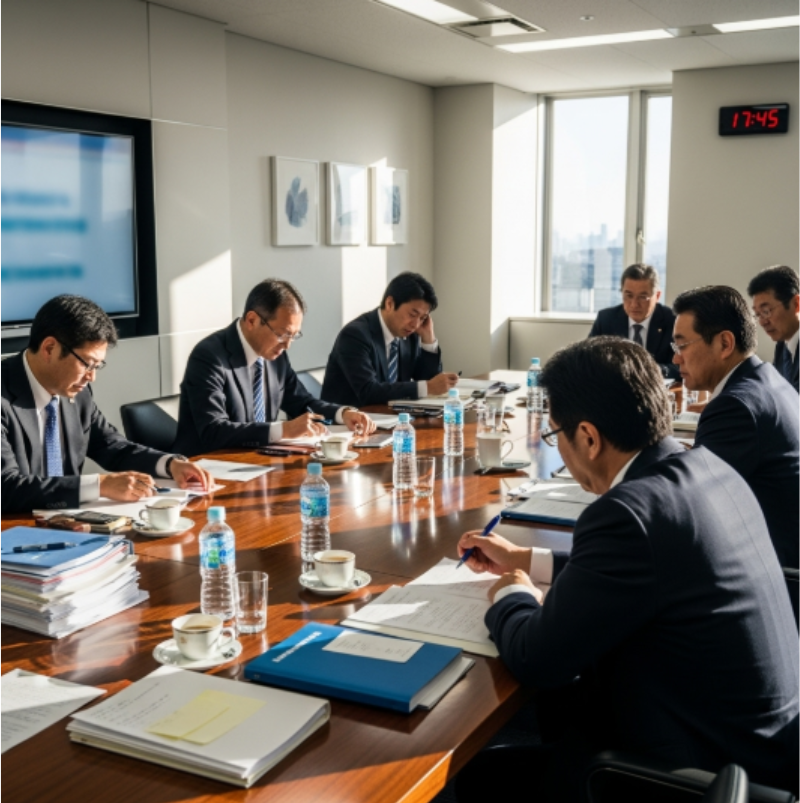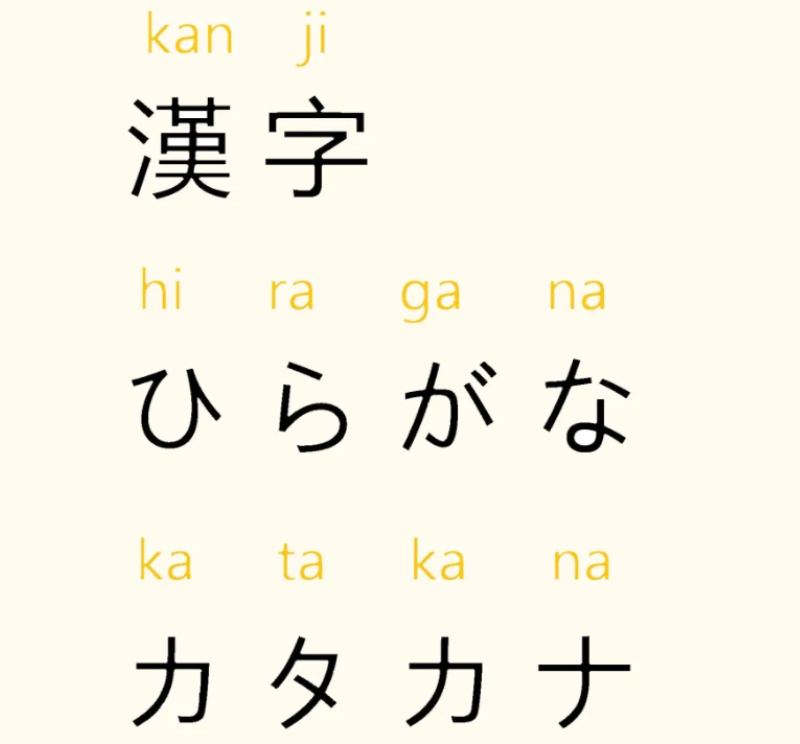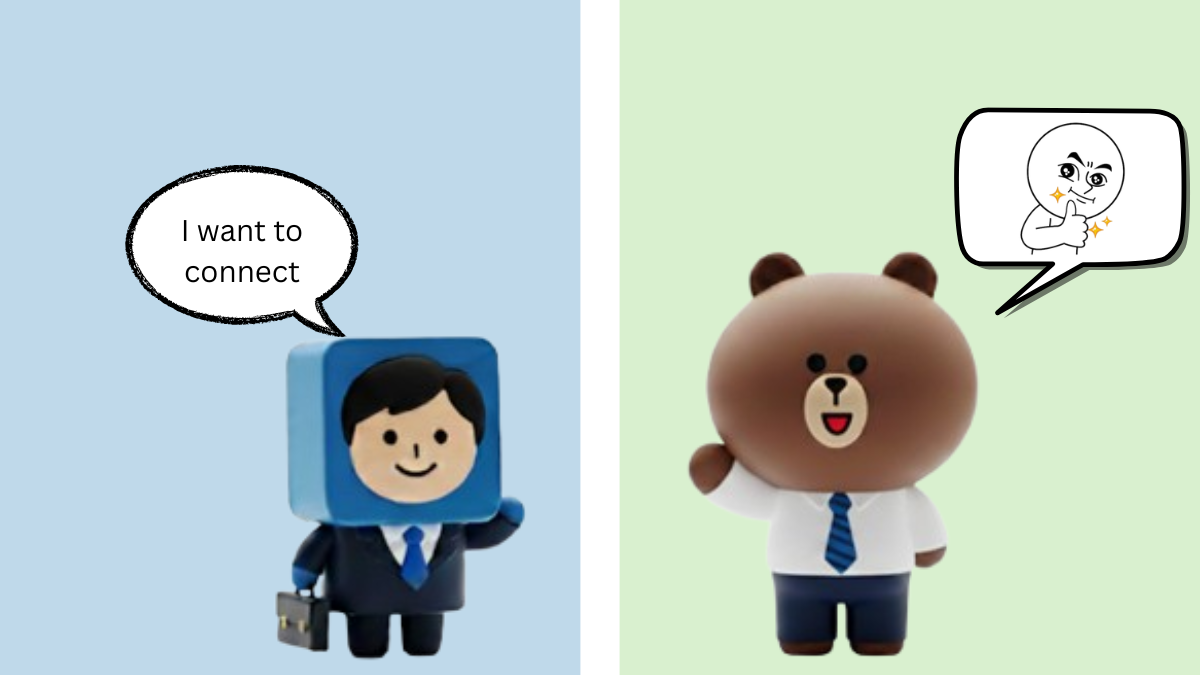Japan vs. West: Understanding Business Cultures
Expand to Japan ready! Understand key differences in Japanese vs. Western business culture from communication to work-life for your success.

Japan presents vast opportunities for Western businesses, yet success hinges on understanding and respecting its unique cultural fabric. This guide provides essential insights into Japanese business culture, covering archetypes, communication, decision-making, and language to help your company anticipate challenges, mitigate risks, and achieve lasting success.
The Western “Businessman” VS The Japanese “Salaryman”
Let’s take a look at the contrasting corporate and cultural landscape of the Western “businessman” and Japanese “salaryman” (サラリーマン - sarariman).
1. Career Philosophy and Focus
Western “Businessman”: Individualism, self-reliance, meritocracy
Advancement is often driven by individual talent, demonstrated achievement, and credentials. This culture champions personal agency, encouraging employees to innovate and pursue individual success.
Japanese “Salaryman”: Loyalty, group harmony, profound dedication to the company
Their commitment is often reinforced by a "lifetime employment" expectation. Immense pressure to conform to group norms can often stifle individual expression.
2. Work-Life Balance
Western “Businessman”: For example - Average full-time US employee works around 42.9 hours per week.
This concept is increasingly being prioritzed as it’s seen as vital for mental well-being, healthy relationships, and enhanced productivity. They strongly link personal well-being to professional success.
Japanese “Salaryman”: Traditionally, the average full-time Japanese employee worked more than 80 hours per week.
There was an expectation that they participated in after-work social activities (nomikai), blurring the lines between professional and personal life. The societal belief that time spent at work correlates with perceived efficiency has fueled this long-hours culture.

3. Current Trends & Evolution
Western “Businessman”: Trends lean towards flexibility, remote work options, and a growing emphasis on employee well-being as a competitive advantage.
Japanese “Salaryman”: There is a significant shift happening in the younger generation where they are prioritizing work-life balance, challenging traditional norms, and making job-hopping more common.
Japan's Labor Standards Act has even seen amendments to curb abusive overtime, and government initiatives are exploring a four-day workweek. This evolving mindset among younger Japanese workers presents a golden opportunity for Western companies to attract talent by offering more flexible and balanced work environments.
Key Cultural Pillars in Japanese Business
Heirarchy and Seniority (nenkojoretsu):
- Japanese businesses operate with strict heirarchical structures where seniority and age are highly respected.
- An individual's position is determined by years of service and title, influencing interactions such as address, language politeness, meeting arrangements, and even attentiveness.
Key insight: This can filter communication and delay decision-making. Direct feedback from junior Western staff to senior Japanese counterparts might be perceived as highly disrespectful. Western companies must establish channels that respect these norms while ensuring vital information flows, possibly by empowering local middle managers or through senior Western leaders engaging directly and respectfully.

Group Harmony (Wa) and Consensus Building
- Group harmony and consensus paramount in Japan's collectivistic society, where collective needs override individual desires.
- Conflict is generally avoided; Japanese businesspeople conform to the group and use indirect communication to maintain harmony.
Key Insight: Harmony is a double-edged sword. While it fosters strong team cohesion, it can stifle open debate and critical feedback. Western companies need to create environments where constructive criticism can be voiced without disrupting harmony, perhaps through structured, anonymous feedback or by relying on trusted intermediaries to surface concerns.
The Importance of Relationships and Trust (Shinrai)
- Building long-term relationships is fundamental in Japanese business, often established through social interactions and mutual respect.
- Reliability, including punctuality and consistent commitment, is crucial for demonstrating trustworthiness and cementing professional bonds.
Key Insight: In Japan, trust must be built through relationships before businesses can succeed. Rushing transactions without sufficient relationship-building will likely fail, as initial investment in non-business interactions and consistent follow-ups is a strategic imperative.
Risk Aversion and Perfectionism
- Japanese companies prioritize long-term stability and adopt a risk-averse approach.
- Decisions are slow and incremental, valuing thoroughness and quality, often using the Ringi system for risk management.
Key Insight: Slow decision-making is a feature. Forcing quick decisions will be counterproductive; instead, embrace Nemawashi (informal groundwork) and the Ringi system (review and approval over various levels in the organisation) as essential mechanisms for consensus-building and widespread commitment.

The Critical Role of Language
Language in Japan reflects social heirarchy, respect and and deep cultural values.
Keigo: The Language of Respect
- Keigo is essential in Japanese business, signifying professionalism and good manners in all interactions, from meetings to emails.
- It helps create a respectful atmosphere, define relationships, and maintain harmony.
Key Insight: Keigo acts as a cultural operating system meaning misuse can be highly disrespectful and can hinder relationship development. It is crucial for foreign firms to demonstrate some understanding of Japanese language culture.
Indirectness in Japanese Language
- Japanese grammar and phrasing enable indirect expressions that reflects the cultural preferences for humility, modesty and avoidnace of confrontation.
- This allows for ambiguity, leaving room for interpretation and avoiding explicit commitment, aligning with a consensus-driven and risk-averse business culture.
Key Insight: A direct "no" is rare, instead phrases like "Today is a bit difficult" or "Please let me think about it a bit more" indicates refusal or the need for significant changes. Misinterpreting these as genuine possibilities can lead to wasted time, delayed deadlines, and damaged relationships.
Importance of Learning Japanese for Foreign Businesses
- A solid understanding of the Japanese language is essential for fully grasping the nuances of Japanese culture and business.
- Bilingual individuals (Japanese and English) are highly attractive candidates for Japanese companies and foreign firms operating in Japan.
- Learning Japanese also leads to a direct understanding of Japanese etiquette customs, including Keigo.
Key Insight: Language is an investment in trust and long-term partnership, beyond mere translation. Learning Japanese not only overcomes communication barriers but leads to a proper respect for Japanese tradition and heritage, which is vital for building complex business relationships. This allows foreign companies to build the trust essential for long-term success in Japan's relationship-oriented business environment.

Challenges of Translation and Localization
- Japanese is a complex and unique language, grammatically and structurally different from English.
- It uses three distinct writing systems: Kanji, Hiragana, and Katakana.
Cultural Nuances in Localization:
- Direct or literal translations often misinterpret subtle nuances, leading to confusion, unintended meanings, or distrust.
- Japanese culture values formality and politeness, so translations containing informal expressions or slang common in English can sound strange or be perceived as rude.
- Idioms and humor are particularly prone to being lost or misunderstood.
Website Design Preferences:
- Japanese websites often feature high information density, cluttered layouts, detailed navigation, and bold visual elements, which may appear chaotic to Western eyes but are preferred by Japanese consumers who prioritize function and information.
SEO and Terminology:
- Accurate keyword translation and localization are crucial for SEO, as simply converting terms into Katakana may not convey meaning or resonate with the audience.
Key Insight: Poor communication, even in day-to-day emails, can damage corporate image, erode trust, and create significant operational inefficiencies through repeated clarification and rework. Investment in native Japanese translators, transcreation, clear style guides, and multi-step quality assurance is required.

Strategies for Success in Japan
Achieving sustainable growth in the Japanese market requires a proactive, culturally empathetic approach.
- Build Trust: Participate in social gatherings like nomikai and demonstrate ongoing commitment through consistent quality and punctuality.
- Master Communication: Hire bilingual staff and invest in cultural training for key personnel to navigate Keigo and indirect communication effectively.
- Adapt to Etiquette: Master foundational business manners, such as the precise method of exchanging business cards (meishi koukan), and be flexible with contract terms to demonstrate respect.
- Leverage Expertise: Collaborate with local partners and consultants to gain market insights, regulatory support, and access to established networks.
Conclusion
For Western companies, succeeding in the Japanese market requires deep cultural adaptation, moving beyond a copy-paste approach. This is due to success depends on understanding and aligning with Japanese values like group harmony, long-term trust, and indirect communication.
At Omnilinks, our bilingual team specializes in helping foreign businesses bridge the cultural gap. We provide the strategic guidance to navigate everything from indirect communication and consensus-based decision-making to the nuances of building trust, ensuring your expansion is culturally attuned and sustainable.
Ready to navigate the Japanese business culture?
Get a free consultation to see how
More stories of success
Explore how Omnilinks has helped other businesses achieve their goals through innovative strategies and impactful solutions.
Ready to expand your business in Japan?
Connect with our expert team today and learn how we can transform your market challenges into opportunities for success.
Stay ahead in the Japanese market
Receive the latest insights, case studies, trends, and strategies directly in your inbox.




